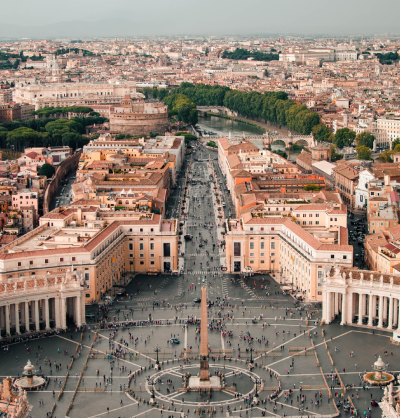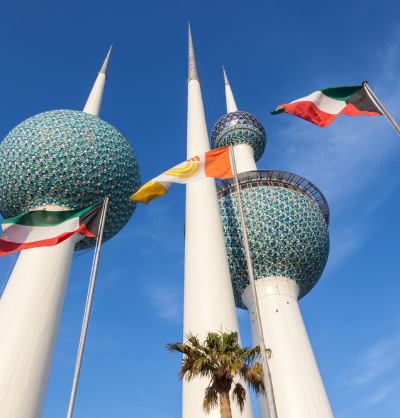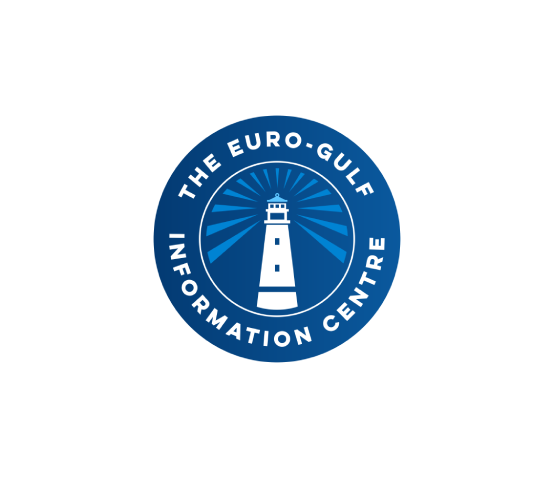Within hours of ISIS’s premier terrorist attack against Iran (07 June 2017), the Islamic Revolutionary Guard Corps (IRGC) sought to link-in Saudi Arabia by accusing it of orchestrating the twin attacks in Tehran that killed at least 12 people and injured 43. The accusation itself attempted to paint a fateful triangle that connects the US-Saudi Arabia-ISIS together against Iran. The statement read that:
‘This terrorist attack happened only a week after the meeting between the US president (Donald Trump) and the (Saudi) backward leaders who support terrorists. The fact that Islamic State (Daesh, ndr.) has claimed responsibility proves that they were involved in the brutal attack.’
The 07 June attack consisted of a set of suicide bombers and gunmen who struck to ideological and political heart of the Islamic Republic: Iran’s parliament and the Mausoleum of Ayatollah Khomeini in Tehran. ISIS claimed responsibility for the events in a video showing the gunmen inside the parliament building, which was released shortly after the attack had ended. Although this is the first claimed by the hardline Sunni Muslim militant group inside in the tightly controlled Shi’ite Muslim country, ISIS routinely threatens Iran–one of the key powers involved in the conflicts in neighboring Iraq and in Syria.
***
This attack takes place at a particularly tense time. Following the visit of the President of the United States Donald Trump in late May, Riyadh re-launched the US’ partnership with Saudi Arabia and the other Sunni countries against what is perceived as Iran’s attempt to destabilise the region. The incident could thus further exacerbate an already volatile situation, which has been gathering momentum over the past years through specific clashing interests, ideologies, policy choices and alliance formation.
Beyond the sectarian division between the Sunni and Shia branches of Islam, animosity between Iran and Saudi Arabia is better understood in terms of a long-term political struggle in the Middle East that, ostensibly, begins with the Iranian revolution in 1979 when the Shia theocracy captured the state of Iran, formed the Revolutionary Guard, al Quds forces, basij militias and Hezbollah with the overarching mission of spreading the revolution first to state with Shia populations and then to the wider Islamic world.
Since 1979, a key priority and preoccupation of Saudi Arabia has been to prevent, or at least limit, Iran’s revolutionary exportation. Sadden Hussein’s removal as part of the regime change strategy favored by the US in 2003, led to a rise in Shia militias and ultimately to a Shia-led, Iranian-aligned government in Baghdad. This was seen in Saudi Arabia as an advancement of the IRGC’s mission. The 2011 uprisings generated another context for this rivalry to play out. In Syria (in particular), where Iran staunchly supported its Alawite (Shia-aligned) clients – led by Bashar al-Assad – Saudi Arabia struggled to advance the political position of its own allies among the Sunni population. In Bahrain, Saudi Arabia’s Eastern Province and Yemen, Saudi Arabia and other GCC countries saw the interference of Iran in supporting violent Shia groups and insurgent militias. And, Saudi Arabia felt threatened by the 2015 Iranian nuclear deal, fearing that the easing of sanctions would allow Tehran to further support Shia insurgent groups in the Middle East. When, in 2016, Riyadh executed a Saudi Shia cleric, Nimr al-Nimr, leader of a movement that attempted to destabilise the country, Iranian protesters – under the watch of the IRGC – sacked Saudi Arabia’s embassy in Tehran and its consulate in Ma’ashad. Saudi Arabia severed diplomatic relations with Iran—a move followed by Bahrain, Sudan and the United Arab Emirates. Despite attempts to construct a dialogue between the two side, tensions have not abated.
***
This latest episode with the IRGC’s directly accusing Saudi Arabia of organising a terrorist attack inside the Islamic Republic, represents a real, concrete step towards a dangerous escalation and potentially war. Added to the powder keg forming over the GCC-Qatar crisis, Turkey’s deployment of troops to Doha in support of Qatar, the Iraqi Kurdish decision to hold and independence referendum on 25 September and the commencement of operations against the de facto capital of ISIS, Raqqa, an all-encompassing conflict may only need a trigger.
We at the Euro-Gulf Information Center express our deep concern regarding the atmosphere of conflict in the Arab Gulf and wider Middle East. We join those world powers and civil society organisations who have called for de-escalation and responsible choices from all sides. We urge decision-makers to be more cautious in weighing words and actions as we are certain that any war would only bring death, destruction and halt – even turn back – the impressive development plans made by the Arab Gulf states.






